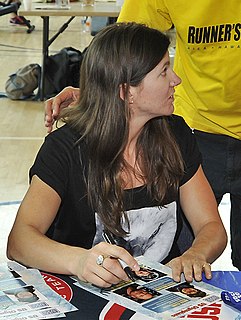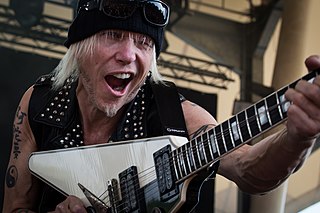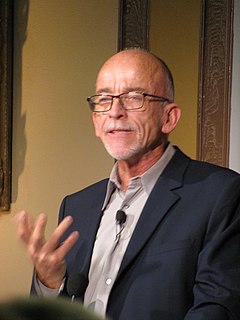A Quote by David Sedaris
I started writing one afternoon when I was twenty, and ever since then I have written every day. At first I had to force myself. Then it became part of my identity, and I did it without thinking.
Related Quotes
You are part of my existence, part of myself. You have been in every line I have ever read, since I first came here, the rough common boy whose poor heart you wounded even then. You have been in every prospect I have ever seen since-on the river, on the sails of the ships, on the marshes, in the clouds, in the light, in the darkness, in the wind, in the woods, in the sea, in the streets. You have been the embodiment of every graceful fancy that my mind has ever become acquainted with.
When the first emperor wanted to unify the country, one of the major policies was to create one system of written signs. By force, brutal force, he eliminated all the other scripts. One script became the official script. All the others were banned. And those who used other scripts were punished severely. And then the meanings of all the characters, over the centuries, had to be kept uniform as a part of the political apparatus. So from the very beginning the written word was a powerful political tool.
My writing became more and more minimalist. In the end, I couldn't write at all. For seven or eight years, I hardly wrote. But then I had a revelation. What if I did the opposite? What if, when a sentence or a scene was bad, I expanded it, and poured in more and more? After I started to do that, I became free in my writing.
2006 Games -by then, my identity had started to shift. Before that, my identity was in snowboarding. That's how people knew me and that's how I knew myself. That's where I got a lot of my self worth. That began to shift and I started to understand that I didn't get my worth from people or from the things that I did. It was from Christ. If I hadn't had that shift in my life, I think my world would have come crumbling down.
Write all the time. I believe in writing every day, at least a thousand words a day. We have a strange idea about writing: that it can be done, and done well, without a great deal of effort. Dancers practice every day, musicians practice every day, even when they are at the peak of their careers – especially then. Somehow, we don’t take writing as seriously. But writing – writing wonderfully – takes just as much dedication.
I've been moving a little to the music while I worked ...and then I realize I am actually dancing. It feels wonderful, though I can feel how stiff my muscles are, how rigidly I've been holding myself...Mostly I've been moving cautiously, numbly, steeled because I know, at any moment, I may be ambushed by overwhelming grief. You never know when it's coming, the word or gesture or bit of memory that dissolved you entirely...It happens every day at first, then not for a day or two, then there's a week when grief washes in every morning, every afternoon.
When Star Wars became a hit and I had a chance to make the other movies, I had to figure out a way to bring Ben back, but a lot of the issues he had to deal with were carried by Yoda. In a sense, I combined Yoda with the spirit of Ben. I wanted Ben to have some kind of influence, but I didn't want it to be a direct influence where he could help Luke. So Ben has managed to keep his identity after he became one with the Force. One of the things he was doing on Tatooine besides watching over Luke was learning how to keep his identity after he became part of the Force.






































